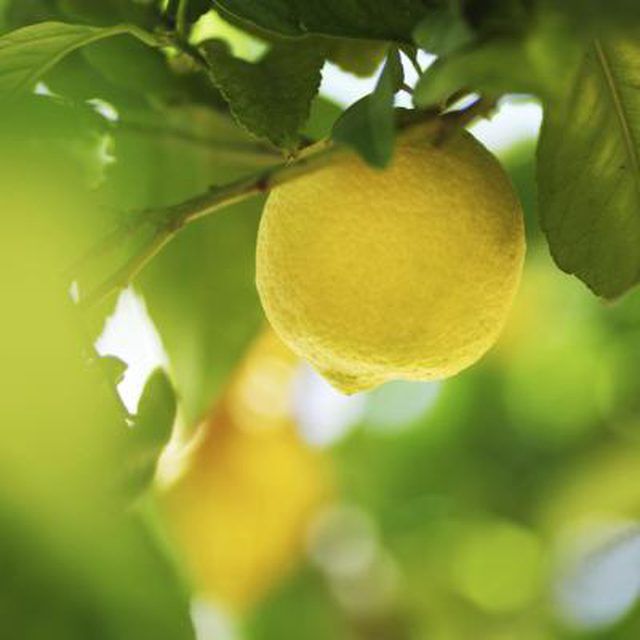Bulbs
Flower Basics
Flower Beds & Specialty Gardens
Flower Garden
Garden Furniture
Garden Gnomes
Garden Seeds
Garden Sheds
Garden Statues
Garden Tools & Supplies
Gardening Basics
Green & Organic
Groundcovers & Vines
Growing Annuals
Growing Basil
Growing Beans
Growing Berries
Growing Blueberries
Growing Cactus
Growing Corn
Growing Cotton
Growing Edibles
Growing Flowers
Growing Garlic
Growing Grapes
Growing Grass
Growing Herbs
Growing Jasmine
Growing Mint
Growing Mushrooms
Orchids
Growing Peanuts
Growing Perennials
Growing Plants
Growing Rosemary
Growing Roses
Growing Strawberries
Growing Sunflowers
Growing Thyme
Growing Tomatoes
Growing Tulips
Growing Vegetables
Herb Basics
Herb Garden
Indoor Growing
Landscaping Basics
Landscaping Patios
Landscaping Plants
Landscaping Shrubs
Landscaping Trees
Landscaping Walks & Pathways
Lawn Basics
Lawn Maintenance
Lawn Mowers
Lawn Ornaments
Lawn Planting
Lawn Tools
Outdoor Growing
Overall Landscape Planning
Pests, Weeds & Problems
Plant Basics
Rock Garden
Rose Garden
Shrubs
Soil
Specialty Gardens
Trees
Vegetable Garden
Yard Maintenance
How to Know When to Pick Lemons
How to Know When to Pick Lemons. Lemon laws do not protect the consumer from purchasing unripe lemons, but perhaps they should. When you cut open one of these citrus fruits, you probably expect firm flesh and lots of juice. So anything less spells culinary heartbreak. If you have your own lemon tree (Citrus limon spp.), you can forestall...
Lemon laws do not protect the consumer from purchasing unripe lemons, but perhaps they should. When you cut open one of these citrus fruits, you probably expect firm flesh and lots of juice. So anything less spells culinary heartbreak. If you have your own lemon tree (Citrus limon spp.), you can forestall disappointment by learning the secrets of picking ripe fruit.

A lemon tree in your backyard orchard ensures a ready supply of the juicy citrus. Various cultivars of lemon trees are hardy in U.S. Department of Agriculture plant hardiness zones 9 through 10. Some of those cultivars, including "Eureka" (Citrus limon "Eureka"), fill the tree with bright fruits almost year round. Fruits are not ripe until the color develops, but just because a lemon is a particular shade of yellow does not mean it is ripe.
If you pluck some other kinds of fruits from their trees before those fruits are ripe, it takes only a little patience until they ripen. The same maneuver with a lemon will buy you disappointment. Lemons ripen on the tree or not at all. So getting your harvest timing right is critical. Ripe lemons are a brilliant shade of yellow or yellow-orange and have a shine to their skin. Wrinkled or dull skin means that you waited too long; the fruits are past their prime.
All the eyeballing in the world is not sufficient to identify a ripe lemon, however. You're better off taste-testing one fruit to judge the ripeness of the rest of the tree's lemons. Know what fruit you taste, though. Cultivars such as "Eureka" and "Lisbon" (Citrus limon "Lisbon") offer tart, juicy fruits at harvest time while the lemons of the cultivar "Meyer," also called improved Meyer (Citrus meyeri and Citrus limon "Meyer Improved"), are milder and sweeter.
When your tree's lemons ripen, you may have more on your hands than you can possibly use. The best choice for storing the fruits is on the tree, according to the University of California Cooperative Extension in Sacramento County. Hard freezes, however, damage lemons. So pick all the ripe fruits if a bad weather system is expected. Ripe fruits store well in a plastic bag in a refrigerator for one or two weeks, depending on the variety. "Meyer" lemons do not last as long as tarter lemons. An alternative to storing lemons in a refrigerator is to juice the fruits and keep the juice in your freezer for future use.